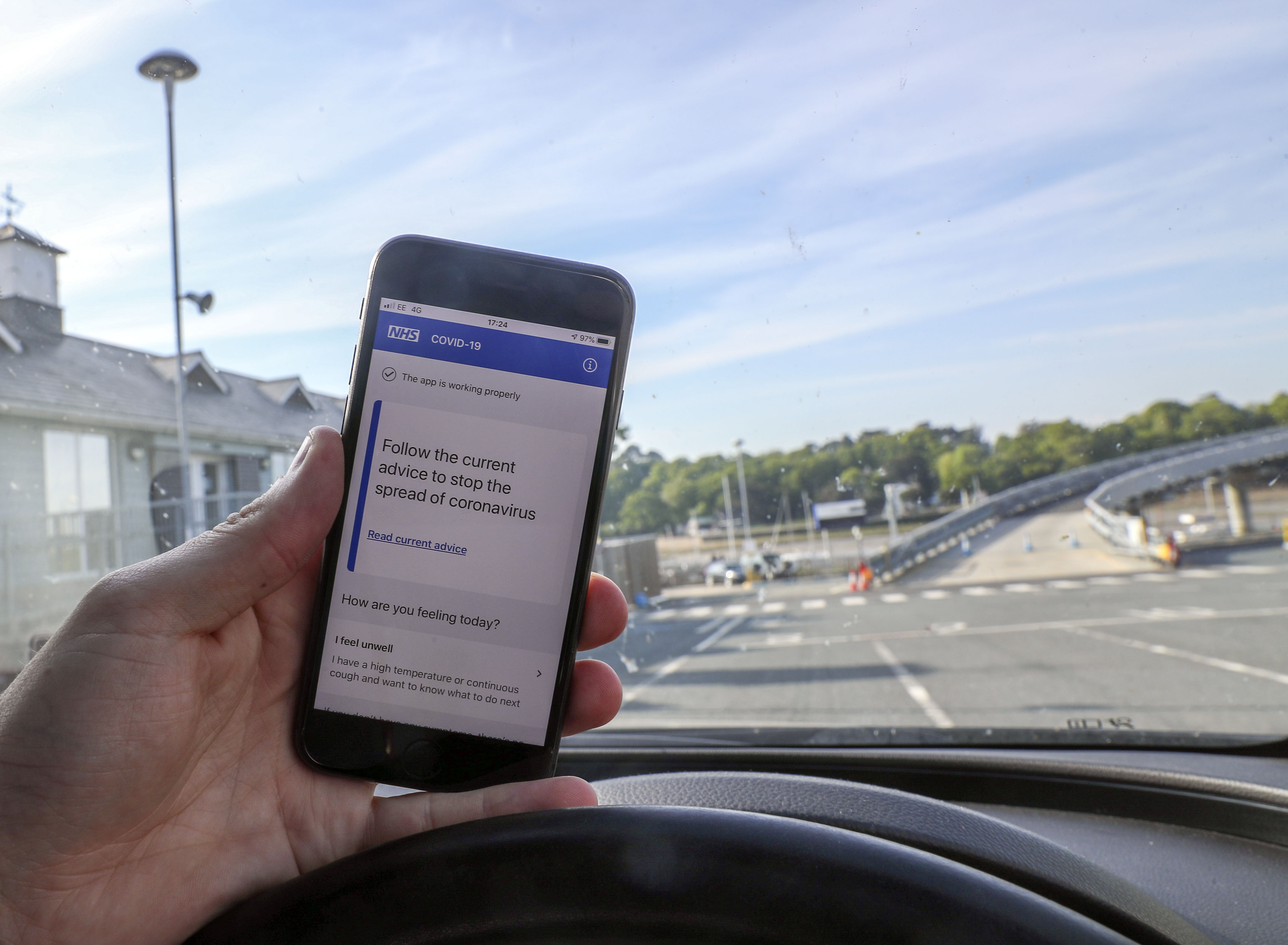The UK is abandoning its current contact tracing app for Google and Apple’s system

The news: The UK is going to abandon its current contact tracing app in favor of one based on technology built by Apple and Google, the BBC reports. Tests of its existing app among residents on the Isle of Wight found it had trouble recognizing iPhones. The app had been supposed to launch for the rest of the country in mid-May.
What this means: All contact tracing apps work on the same premise: they log when two people (that is, their mobile phones) have been near each other for an extended period of time, allowing an alert to be sent to people if someone they have been in close contact with is diagnosed with coronavirus. The UK’s U-turn means its developers are switching the app’s back-end software rather than fully redesigning it, so the interface for users won’t change. The significant difference is that the app will be decentralized, storing data on people’s phones rather than uploading them to government servers.
Everyone’s a critic: The UK’s centralized approach had been criticized by privacy, security, and technical experts on the grounds that it would not work unless it was running constantly in the foreground, and that it could break the country’s data protection laws. So far, the country has been relying on its recently launched manual contact tracing program. However, that too has been plagued by problems, according to the New York Times. In the three weeks since it launched, some contact tracers have failed to reach a single person, while others have mistakenly tried to send patients in England to testing sites in Northern Ireland.
No silver bullet: Both the UK’s now-abandoned app and the Google/Apple model rely on Bluetooth signals to figure out who’s been near each other and for how long. It’s a simple idea but a very complex and technically difficult task. Things like walls, human bodies, or interference from other phones can throw the signal off, rendering the data useless. And there’s also the question of how many people will download the technology. While contact tracing apps don’t need universal adoption to be effective, the more people use them, the better they are.
Long time coming: This decision has been in the cards for weeks. Back on May 6 the Financial Times reported that health chiefs in the UK were going to investigate switching to the Apple/Google system. Since then, the UK’s National Health System has been testing both systems against each other, according to the BBC. There’s no word yet on when the redesigned app will be available for everyone in England. Scotland, Wales, and Northern Ireland have their own devolved health systems and are yet to confirm if they will sign up for it.
Want to see what other countries are doing? Check out our Covid Tracing Tracker.
Deep Dive
Biotechnology and health
How scientists traced a mysterious covid case back to six toilets
When wastewater surveillance turns into a hunt for a single infected individual, the ethics get tricky.
An AI-driven “factory of drugs” claims to have hit a big milestone
Insilico is part of a wave of companies betting on AI as the "next amazing revolution" in biology
The quest to legitimize longevity medicine
Longevity clinics offer a mix of services that largely cater to the wealthy. Now there’s a push to establish their work as a credible medical field.
There is a new most expensive drug in the world. Price tag: $4.25 million
But will the latest gene therapy suffer the curse of the costliest drug?
Stay connected
Get the latest updates from
MIT Technology Review
Discover special offers, top stories, upcoming events, and more.